Will People on Obamacare Have to Pay Back Subsidies
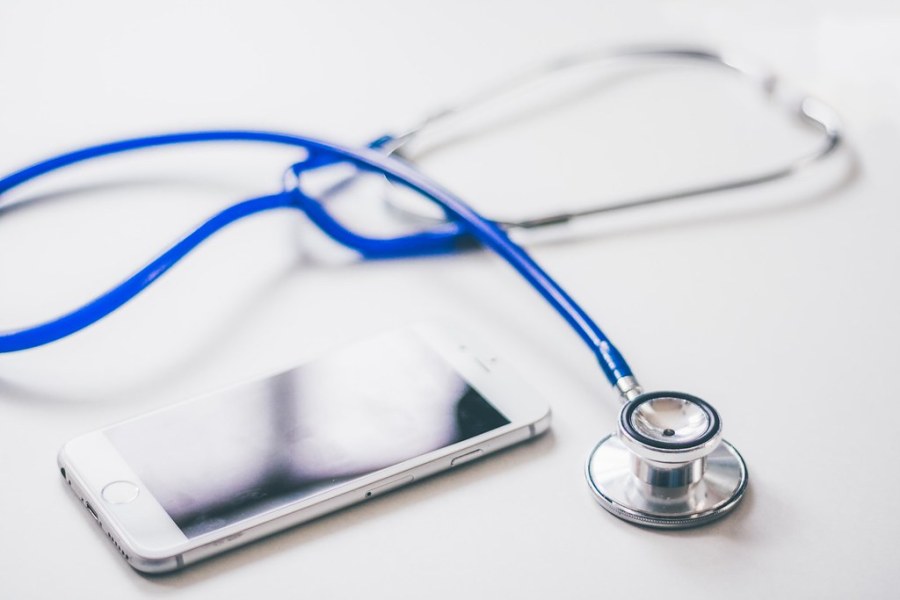
It's not uncommon for people to struggle to pay their medical bills, and it's certainly nothing to be ashamed of. But it's a good idea to be proactive from the outset if you can. Here are 10 things you can do to improve your situation.
Stay Calm
Getting angry with people is not going to help to pay medical bills, especially if you get angry with people who are in a position to help. Talk to hospital employees and insurance company representatives with honesty and respect, and you might find they're willing to go out of their way on your behalf.

Many people don't realize they can ask for discounts on their medical bills. Given how many people simply don't want to pay anything, asking for a discount actually makes you a more attractive prospect. At least it shows you're willing to pay something, says Nolo.
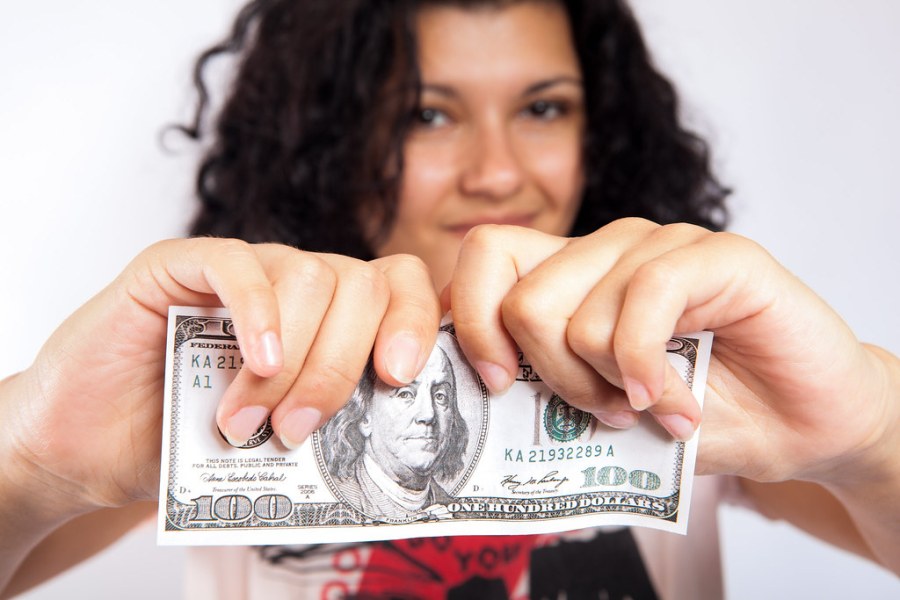
Ask for a Payment Plan
Affordable monthly payments can make all the difference. You could get away with paying as little as $50 per month, according to Nolo. But they recommend getting any payment terms in writing, and that you contact your medical provider if your circumstances change.
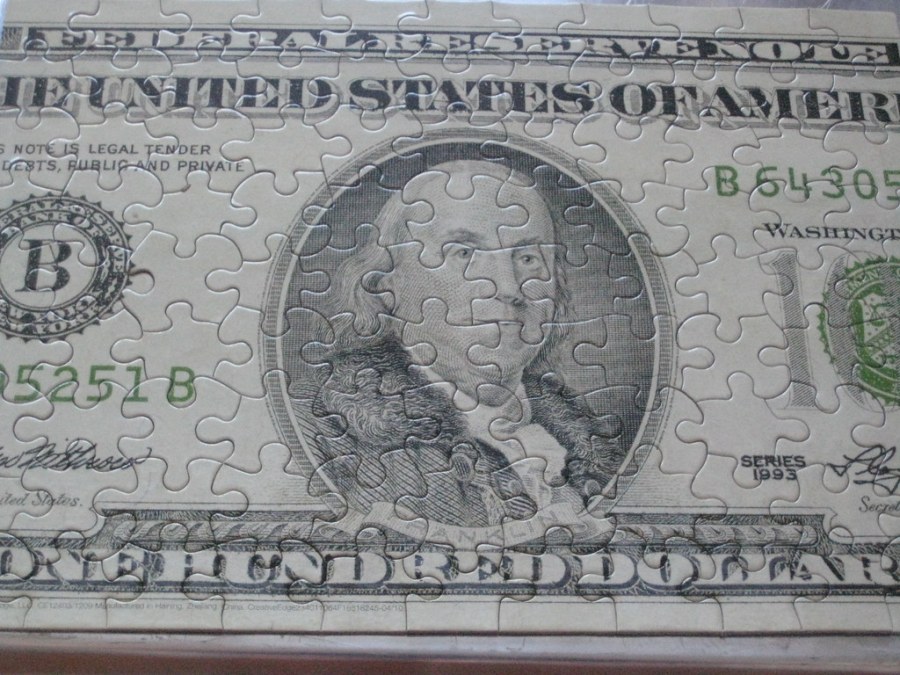
Make a Down Payment
If medical providers refuse to offer a discount or payment plan, it might be worth offering to make a down payment. If you can afford to pay 10-25 percent of the bill in a lump sum, you may find they're more amenable to negotiation on the rest, says Nolo.
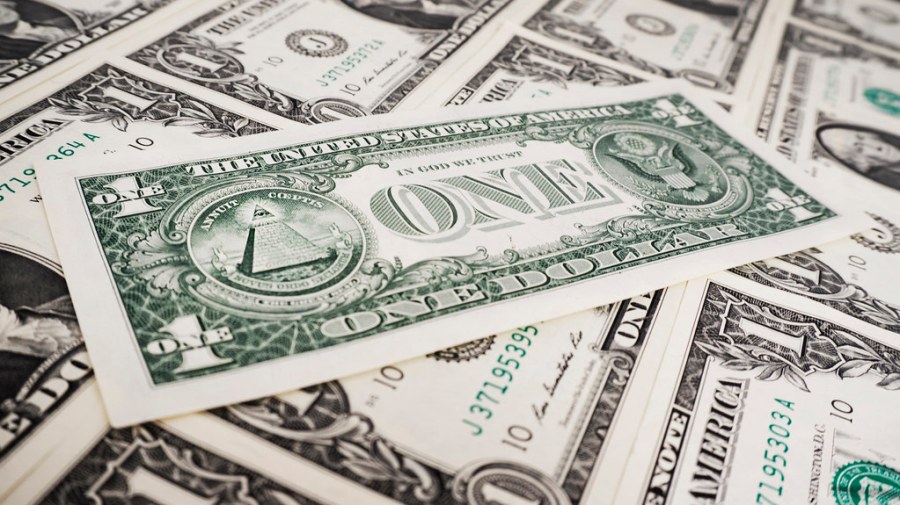
Medicaid
If you're on a low income, you may qualify for Medicaid. But even if you're on a higher income, Nolo says, you might be eligible for Medicaid if your medical bills are unaffordable. It's worth making an inquiry.
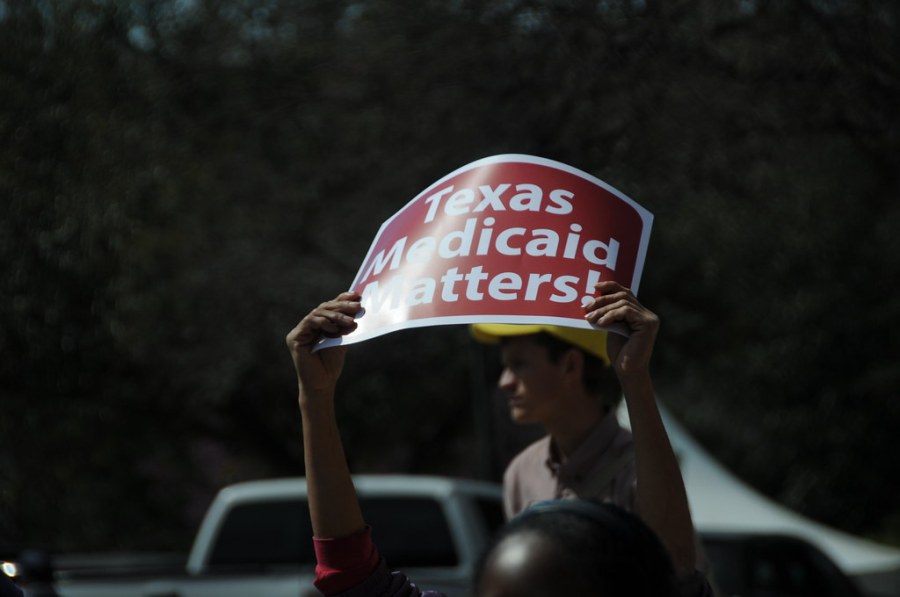
State Children's Health Insurance
If it's a medical bill for your child that you're struggling to pay, then you might want to look into state insurance plans. Lower-income families can contact their social service agency to ask about their eligibility for assistance, suggests Nolo.
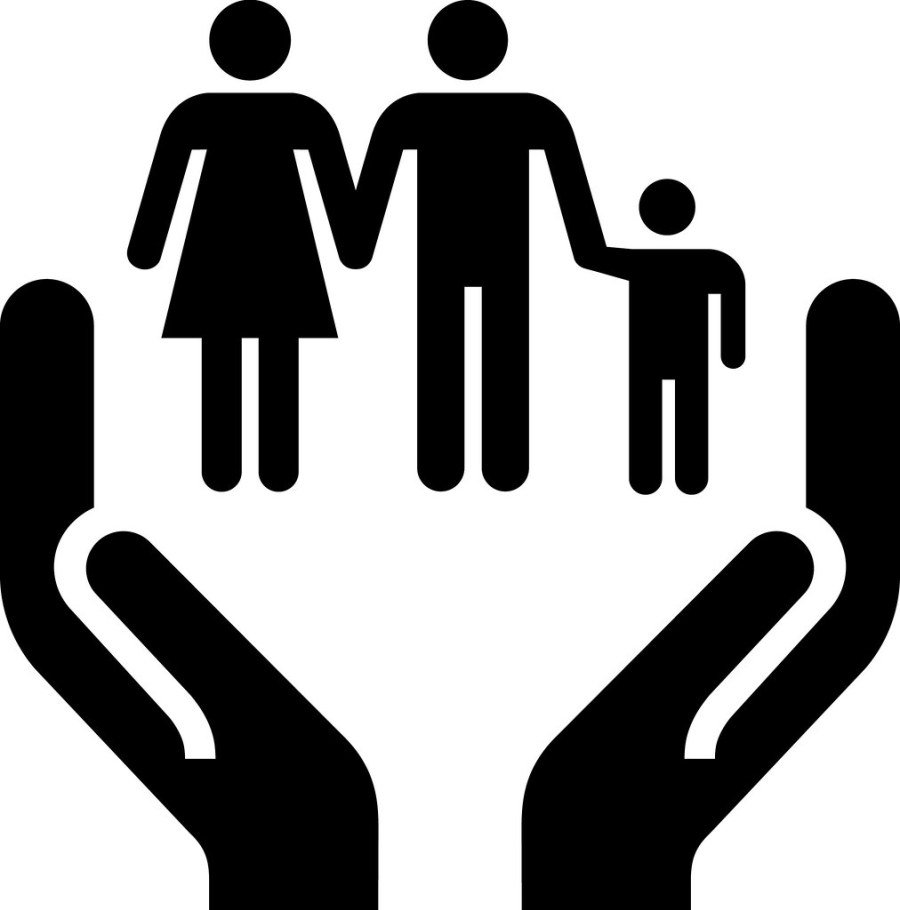
Local Assistance Programs
State-level and local government agencies can help with adults' medical bills too, explains Nolo. To find out whether you qualify for any local assistance programs, get in touch with your city or county representative.

Financial Aid From Hospitals and Clinics
While you might think of your medical provider as your enemy if you're struggling to pay bills from them, they might actually be able to help. Nonprofit hospitals and clinics often have charity programs to help out anyone who is struggling to pay, points out Nolo. You'll probably have to ask them about it, though, as they tend not to advertise.

Hire a Claims Advocate
You might think hiring an advocate is the last thing you can afford if you're already struggling to find funds, but a skilled advocate can save you a lot of money on medical bills, says Health Claims Concierge. They simply take their payment as a percentage of those savings.

Inspect the Documents Yourself
Of course, if you don't want to hire an advocate, you could just scrutinize the documents yourself. You might be able to find an error that could save you a great deal of money. Check the accuracy of percentages and deductibles in particular, suggests Health Claims Concierge.
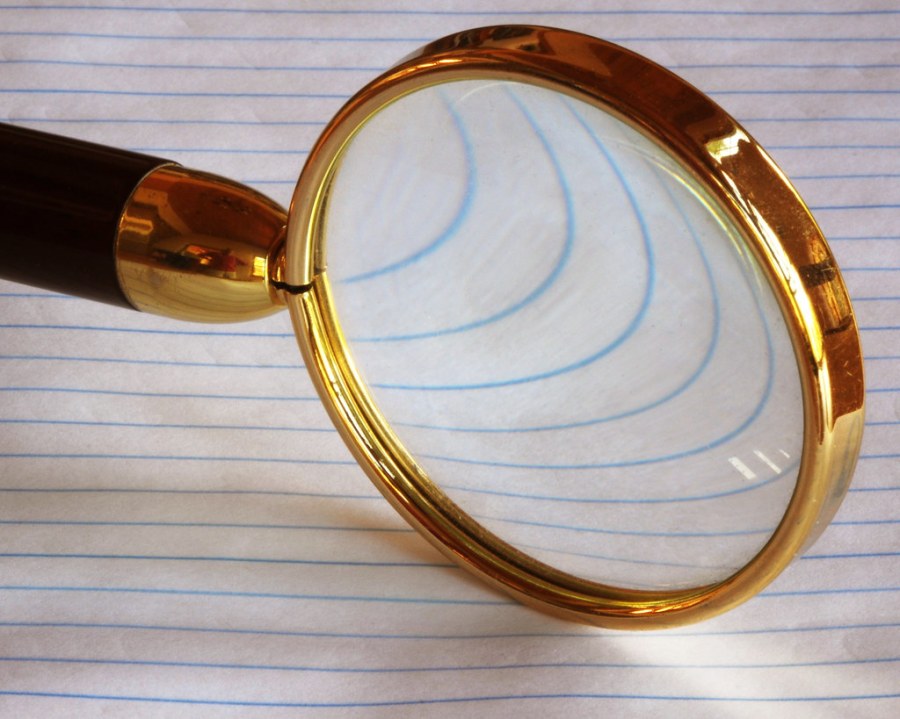
MORE FROM QUESTIONSANSWERED.NET
Will People on Obamacare Have to Pay Back Subsidies
Source: https://www.questionsanswered.net/article/10-things-do-if-you-need-help-paying-medical-bills?utm_content=params%3Ao%3D740012%26ad%3DdirN%26qo%3DserpIndex
0 Response to "Will People on Obamacare Have to Pay Back Subsidies"
Post a Comment